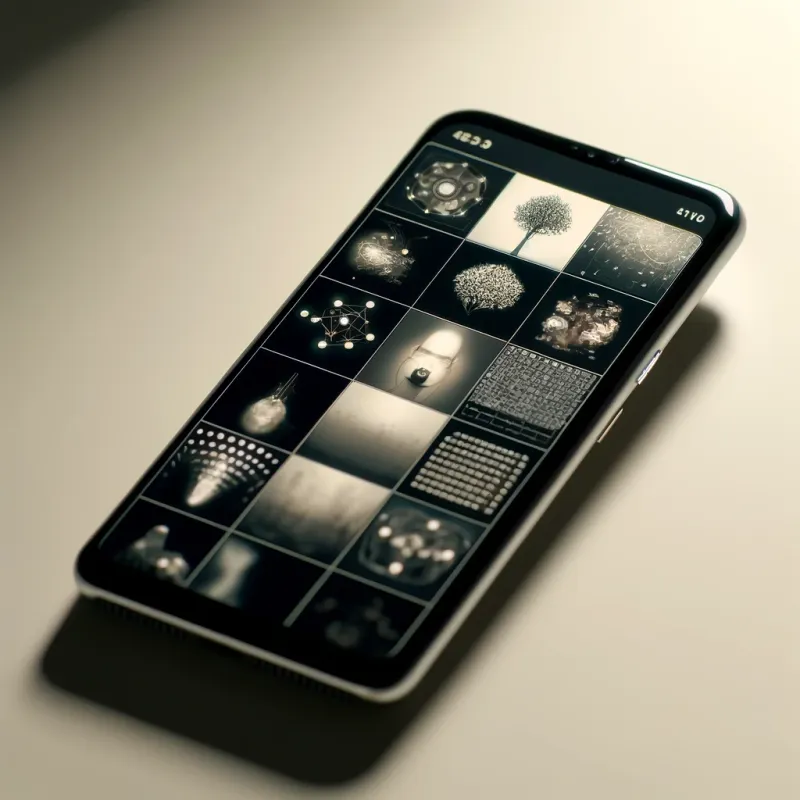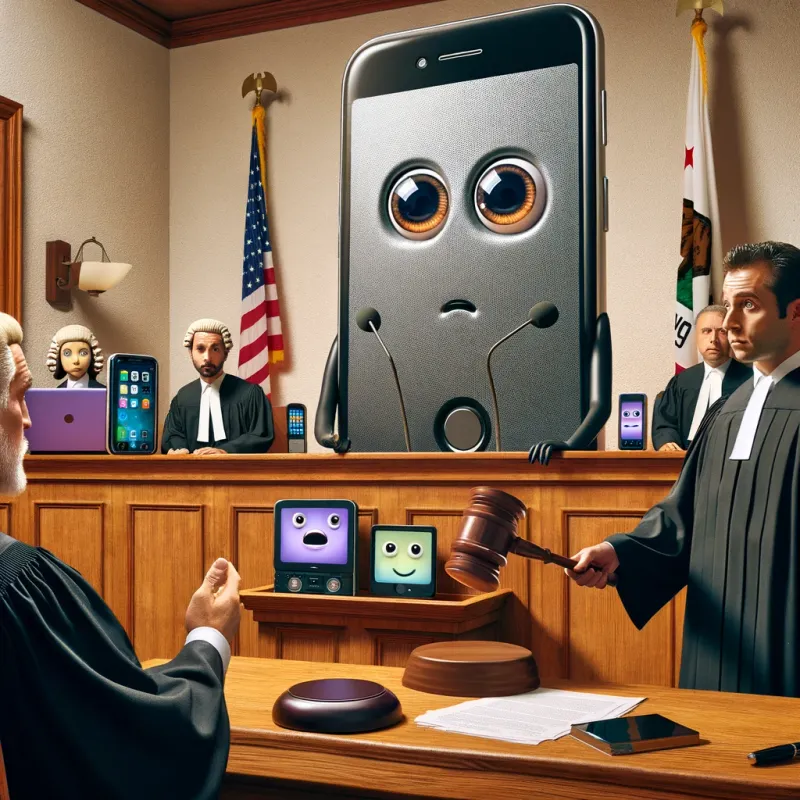The Future of Evidence from Phones
Jun 4, 2024

In an era where artificial intelligence (AI) is increasingly integrated into our daily lives, the legal field faces new challenges in authenticating and relying on digital evidence. AI can now generate highly convincing text messages and other communications, making it difficult to distinguish between genuine and fabricated content. This article explores the impact of AI on the authenticity and reliability of digital evidence from phones and apps, highlighting relevant cases and legal precedents.
Deepfakes, voice clones, fine tuned LLM models can all make it nearly impossible to detect when a system or person has actually created the content that you're looking at. For now, it's pretty clear that content sent from a phone number is in fact, from that user, but that might change in just a few years. This will pose a significant challenge to lawyers, juries and law enforcement to prove beyond a doubt that the content is original and authentic. How would you be able to tell a robot from your parent?
The Evolution of Digital Evidence
Digital evidence from mobile phones has become a cornerstone of modern litigation, encompassing text messages, emails, and app-based communications. However, as AI technology advances, the ability to create realistic, but false, messages complicates the verification process.
Challenges Posed by AI-Generated Content
Authenticity and Verification
AI's capability to generate highly realistic text messages poses a significant challenge to verifying the authenticity of digital evidence. Legal professionals must now contend with the possibility that a message may not have been written by the purported sender, complicating the evidentiary process.
Legal and Technical Implications
The legal implications of AI-generated content are profound. Courts must develop new standards and methodologies for determining the authenticity of digital evidence. This involves sophisticated forensic analyses and potentially new rules of evidence to address the unique challenges posed by AI.
Case Law and Legal Precedents
Authenticity in Digital Evidence
The landmark case of Lorraine v. Markel American Insurance Co. (2007) emphasized the importance of establishing the authenticity of electronic evidence. As AI technology progresses, the principles established in this case will need to be adapted to account for the potential manipulation of digital content.
The Role of Expert Testimony
In Daubert v. Merrell Dow Pharmaceuticals, Inc. (1993), the U.S. Supreme Court established the Daubert standard, which governs the admissibility of expert witness testimony. In the context of AI-generated evidence, expert testimony will be crucial in explaining the capabilities and limitations of AI technology to the court.
Adapting to the Future: Best Practices for Legal Professionals
Utilizing Advanced Forensic Tools
To address the challenges posed by AI-generated content, legal professionals must employ advanced forensic tools capable of detecting AI manipulation. These tools can analyze metadata, inconsistencies in writing style, and other indicators that a message may have been artificially generated.
Establishing Clear Verification Policies
Clear verification policies are essential for ensuring the reliability of digital evidence. Legal teams should implement procedures for verifying the authenticity of messages, including the use of forensic experts and the preservation of original digital content.
Conclusion
The proliferation of AI technology presents significant challenges for the authentication and reliability of digital evidence in legal proceedings. By understanding the legal implications, utilizing advanced forensic tools, and establishing robust verification policies, legal professionals can effectively navigate these challenges. Staying informed about the latest developments in AI and digital evidence will ensure that you are prepared to handle the complexities of modern communication in litigation.
The future of evidence from phones in court is rapidly evolving. As legal professionals, adapting to these changes and implementing best practices will be key to successfully managing digital evidence and ensuring justice is served.
---
Hearsay is a cutting-edge app designed to extract texts and other messages from cell phones for use in litigation. Tailored specifically for legal professionals, including lawyers, trial attorneys, mediators, and private investigators, Hearsay streamlines the process of obtaining and preserving digital evidence from mobile devices. By leveraging advanced forensic tools and techniques, Hearsay ensures that collected data is accurate, reliable, and ready for court use. Additionally, Hearsay provides valuable resources and insights through its blog, aimed at helping legal professionals stay informed about the latest developments and best practices in digital forensics and evidence management. Contact us at support@usehearsay.com.
Legal Disclaimer
We are not lawyers, and the information provided in this article is for general informational purposes only. It is not intended as legal advice and should not be relied upon as such. For legal advice specific to your situation, please consult a qualified attorney.
Here are some other interesting articles:
Interested in using Hearsay to get your client's messages? Click the links below.
Need something else? Contact us at hello@usehearsay.com.

Hearsay
The All-in-One eDiscovery Collection & Review Platform.
SOC2 Compliant
Platform
Practice Areas
© 2024-2026 No More Screenshots, Inc. All rights reserved.

